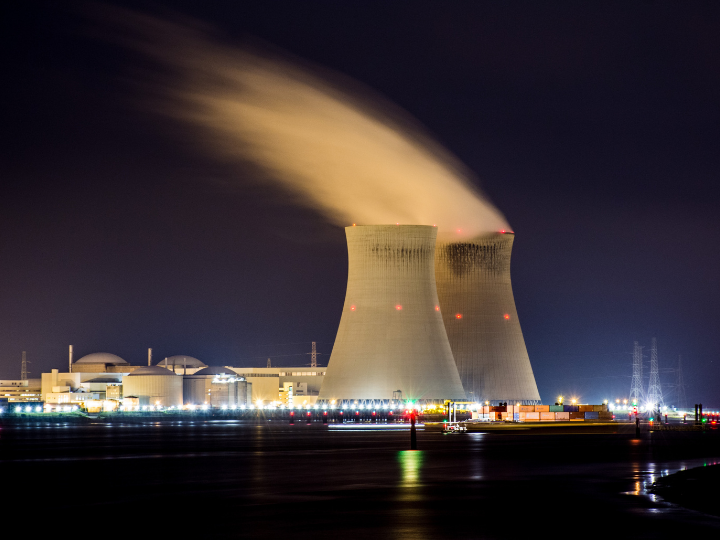by Paul Messad
In the face of the ongoing energy and climate crisis, the EU is getting its act together and getting ready for a true ecological revolution. For the author of this Brief, the plan must rely on one key element: investing in nuclear power across the board.
Former French President Valery Giscard d’Estaing had seen it coming long ago: “The majority of the French people chose nuclear independence. We do not want to be indefinitely dependent on the goodwill or whims of those who own oil and set the price as they please,” he said in… 1981.
In many regards, the energy crisis the EU is currently undergoing, sparked by Russia’s invasion of Ukraine, is not really any different from the 1973 oil crisis. Back then, the crisis encouraged another former French president, Georges Pompidou, to build 13 nuclear power plants in the late 1970s.
Ever since France has had a full-fledged nuclear strategy. The country owns up to two years’ worth of uranium to fuel up to 56 nuclear reactors.
But then came the political hesitancy that has marred nuclear development in the past few years – because the technology ran against ecological transition.
Investments in developing a specific skillset were frozen, and several reactors were shut or going through works when the war in Ukraine first hit.
Poland’s decision in September to turn to the Koreans and the Americans rather than the French to build their new nuclear capacities speaks to France’s decadence.
So, should we then just… give up?
Couldn’t we, as Europeans, develop an energy independence strategy that would resemble the post-World War II ‘Marshall’ investment plan and would openly include nuclear power, at least to a certain extent?
The Brussels’ European quarter is hardly a natural ally to such a plan, as they already dubbed nuclear the “energy of the past”.
We recognise there is a level of cognitive dissonance here: nuclear represents abundance, whereas these times of conflict call for thinking of energy sobriety as an act of resistance.
Yet investing in nuclear energy is, in fact, facing up to reality.
Let’s call out the bullshit here: It’s only too easy to go against nuclear while the EU’s top chiefs meet with crude oil- and gas-abundant monarchies in the Gulf and Central Asia, shoving human rights abuses under the rug when it’s convenient to do so.
If realpolitik can apply in the world of oil and gas contracts, why can’t we do the same with nuclear – which, by the way, doesn’t quite put human rights to the test…?
Countries like France have an existing infrastructure, and the amount of materials is infinitely smaller than fossil fuels for an equal energy release.
The French Atomic Energy Commission found that a 1,000 MW production would require 27 tonnes of enriched uranium annually through nuclear. For the same energy produced from fossil fuels, 1.5 million tons of crude oil is needed.
Facing this, for the sake of the EU and its commitment to net zero by 2050, let’s reinvest in nuclear energy, including reskilling programmes. It’s cheap in the long term, reliable, and resource-efficient.
Ursula von der Leyen’s latest Green Deal Industrial Plan, which enshrines a loosening of state aid rules for green energy projects, is an excellent first step.
With a new paradigm, the EU can have better adaptation against its weaknesses and give financial backing to proper and climate-efficient nuclear-focused projects.
This plan would fit neatly into a broader change of semantics, as the words ‘sovereignty’ and ‘European’ can, now more than ever before, fit into one same sentence with no one panicking.
Europe may not have the resources, but it has the ideas. Simon Kuper, a columnist for the Financial Times, reminded us that “on the biggest issues – the Iraq war, nuclear power, cheese – the French tend to be right".
*first published in: Euractiv.com




 By: N. Peter Kramer
By: N. Peter Kramer

